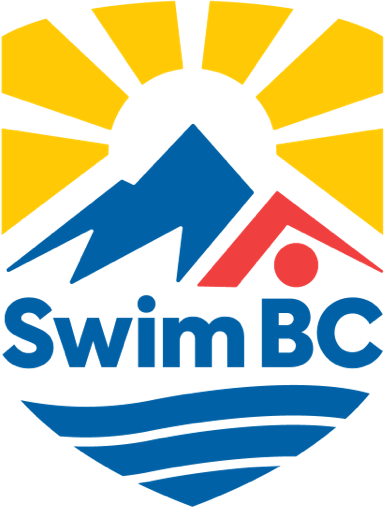
Back to Touchpad
Mikuska and Dunn Appointment on WPS Working Groups
January 13, 2021
Swim BC would like to congratulate Vince Mikuska and Janet Dunn on their appointments to World Para Swimming (WPS) Working Groups; Vince will be joining the Competition Pathway Working group while Janet is part of the High Support Needs (PI) Working Group. Both have played an integral role in the success BC’s para-athletes and in the Paralympic program across the country. Following is an article from Swimming Canada:
Vince Mikuska and Janet Dunn have played an integral role in the success of Swimming Canada’s Paralympic program for many years, and World Para Swimming is now benefiting from their immeasurable wealth of experience and expertise.
Mikuska, the Senior Coach, Paralympic Program, was recently appointed to the WPS Competition Pathway Working Group.
His selection comes a few months after Dunn, Swimming Canada’s long-time Para Swimming Performance Pathway Coach & National Classification Lead, joined the international federation’s High Support Needs (PI) Working Group, back in January.
For Wayne Lomas, Swimming Canada’s Associate Director of High Performance and Para Swimming National Coach, the nominations are the latest confirmation of his colleagues’ status as world-leading industry experts.
“Vince and Janet are both highly respected coaches here in Canada, and to have their experience and knowledge recognized by World Para Swimming is very pleasing,” said Lomas. “In addition to helping shape international policy, I know they will both bring the wisdom and experience that they offer our program every day to all swimmers and coaches worldwide, strengthening the profile and performance of Para swimming across the globe.
“Swimming Canada has long been a leader in inclusion and integration, and, through Janet and Vince’s appointments, we are now able to bring this leadership and knowledge to the world stage. I’m privileged to work alongside such fine people and I know that WPS will now get to experience that same level of commitment to excellence.”
On the Competition Pathway Working Group, which marks his first appointment on a WPS committee, Mikuska is one of eight members representing Europe, New Zealand, as well as North and South America. He points out the committee will additionally reach out to regions that are not part of the current group.
“The working group has been re-formed under the auspices of the WPS Sport Technical Committee,” said Mikuska. “Our group has been charged with coming up with a competition and development plan beginning in 2025, post-Paris Paralympics, through to Los Angeles 2028.
“We will examine existing competitions and try to develop a framework from development to high performance. The framework will consider all international, regional and national opportunities and look for areas of growth and refinement.”
Mikuska sees a great opportunity to have the time to proactively plan and develop.
“Too often, we are simply reacting to circumstances and don’t have the ability to truly get to the gist of what is required.”
Dunn’s appointment to the High Support Needs (PI) Working Group adds to an impressive list of international contributions. She was an active IPC International Classifier for swimming from 1994 to 2013 – also training new classifiers during that time period – and was instrumental in developing the classification system in swimming, which now serves as the international model.
“The appointment back in January was incredibly exciting. It’s a unique opportunity to work with this very diverse and capable group,” said Dunn, who has already met three times with her eight colleagues representing four continents. “This working group is the first of its kind and I’m honoured to have the opportunity to serve on it.”
Dunn sees her appointment as an opportunity to leverage her deep and diverse understanding and personal history of Para sport.
“I have many years of expertise within Para sport and know that I have much to offer. I started coaching in Para sport in my last year of university, so I have been able to work as a therapist and a coach in this exciting field my entire adult life.
“Athletes with high support needs (HSN) are defined as those who compete within identified eligible sport classes in Paralympic sports. These athletes generally require additional support at competitions.”
Dunn explains the working group focuses on a variety of topics but mainly aims to answer a number of key questions.
“What would make competitions more accessible for HSN? How to raise awareness of HSN? What kind of coach education do you think would help others to understand HSN needs? How do we recruit more HSN? How to add additional and appropriate events? How can we remove barriers for these athletes so they can access training and competitive opportunities on a more equitable footing like their peers?
“Any advice, direction and support I can give on this international working group helps ensure that all Canadians with a disability can access sport.”
